BYD Shark 6 hybrid ute review
This hybrid dual-cab ute promises to be the most advanced car in its class while undercutting the establishment.
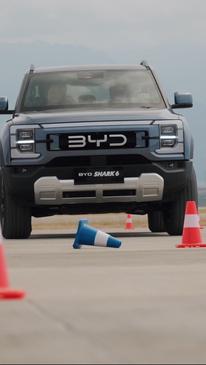
BYD hopes to shake up the ute establishment with its new Shark 6, which goes on sale within weeks and can be driven purely on electricity for about 80km.
The first ute for the hard-charging Chinese car maker is expected to sell from less than $60,000, providing a sharply-priced electrified rival to the Ford Ranger and Toyota HiLux that dominate with diesel.
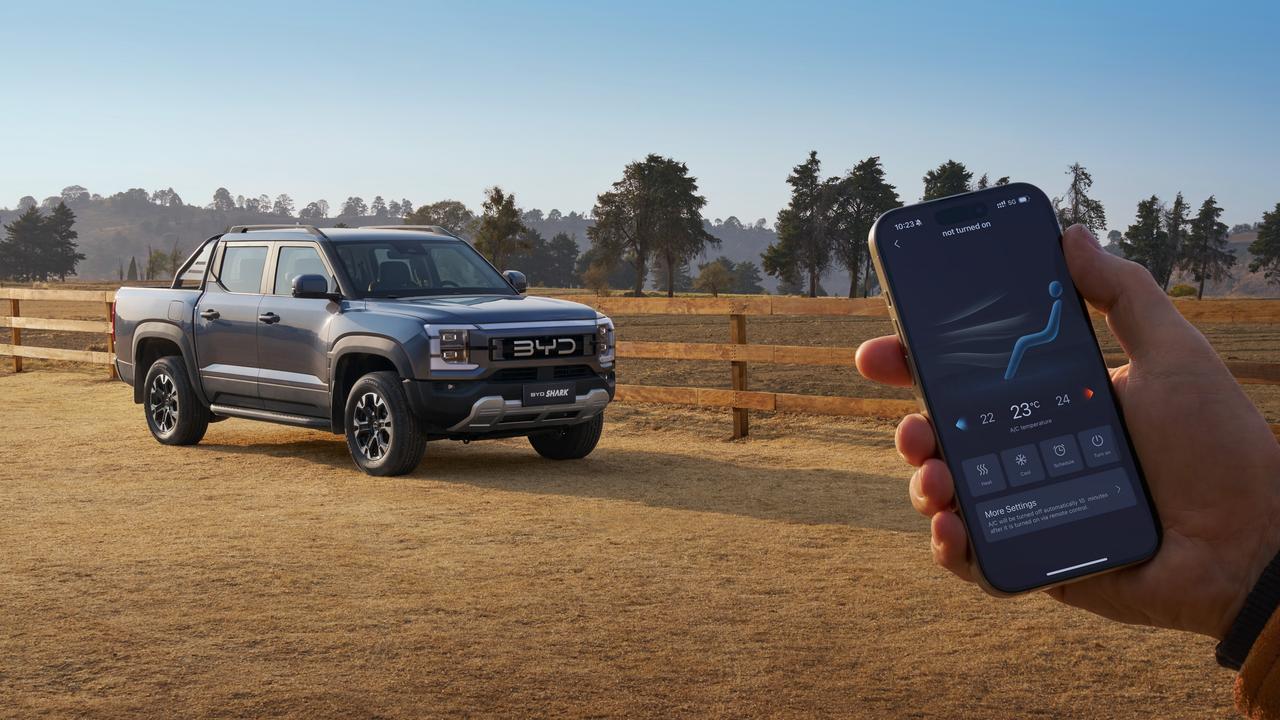
The dual-cab four-wheel drive Shark 6 has a spacious five-seat body - back seat leg and headroom is terrific - but does things very differently to other utes, as we learnt during a brief drive in China.
The Shark 6 has two electric motors powered by a 29.58kWh battery. It can drive about 80km on electricity alone.
But it also has a 1.5-litre four-cylinder turbocharged engine that predominantly acts as a generator to extend the range.
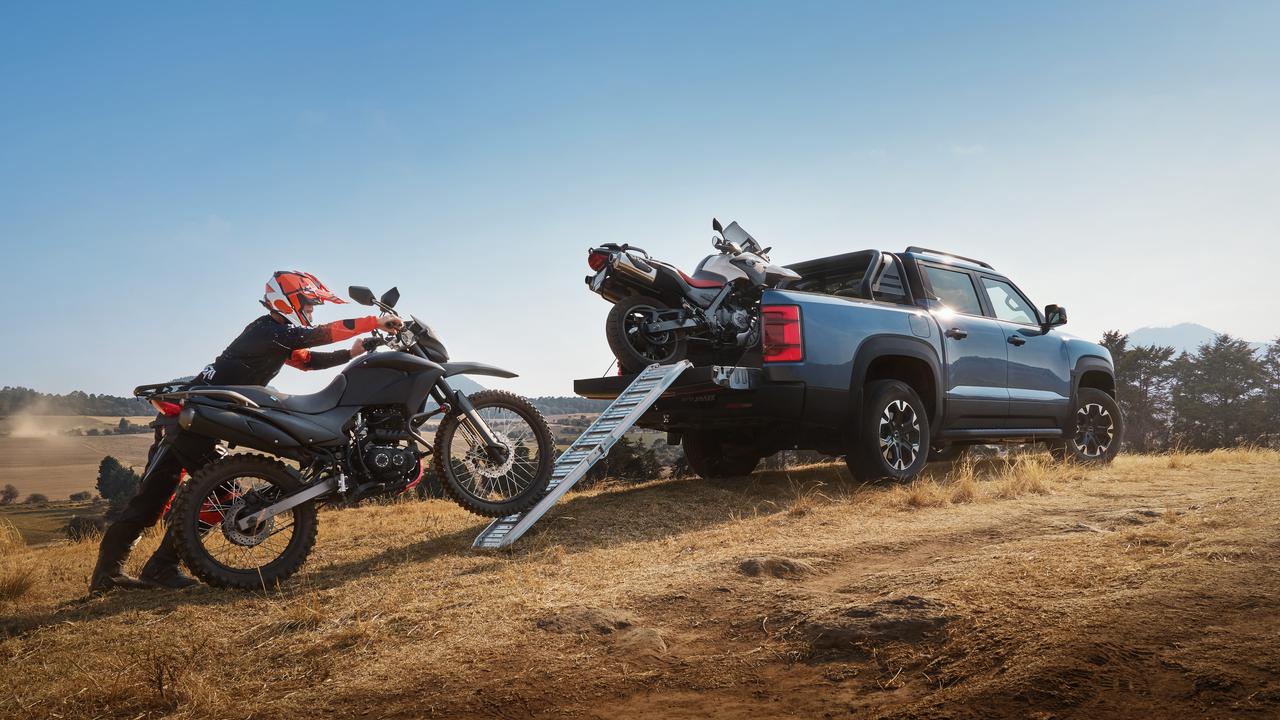
Once the battery has been depleted the Shark claims to use about 7.9 litres of premium unleaded per 100km. That’s about the same as the claimed average fuel use of diesel rivals, although you can expect the hybrid to be more frugal around town.
With a 60-litre fuel tank the Shark 6’s claimed combined range is about 800km.
As with the BYD Sealion 6 that uses the same basic drivetrain, that petrol engine can also drive the wheels above 70km/h to boost power slightly.

Speaking of which, there’s a claimed 321kW in total, roughly double that of most garden variety utes.
The Shark 6’s 650Nm also trounces the circa-500Nm maximums of regular utes - and even out-grunts the V6 engine in the Ranger and Volkswagen Amarok by 50Nm.
Our drive included screeching around a skid pan and trudging along a relatively gentle off-road course.
While brief, it was enough to learn the Shark 6 has plenty of potential.
It essentially operates as an electric car, albeit with an engine occasionally whirring in the background.
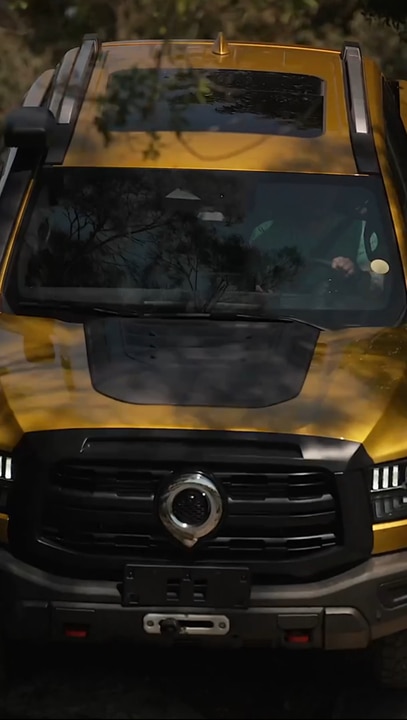
The engine revs don’t always match what you’re doing with your right foot, because it can be generating electricity rather than driving the wheels.
BYD claims it can hit 100km/h in 5.7 seconds.
It’s maybe not quite that quick but it feels like it’ll leave most utes in its rear vision mirror.
It’s not as hyperactive to throttle inputs as most EVs, but it’s a lot more responsive than turbo-diesel utes, which feel lazy in comparison.
But it doesn’t take long behind the wheel to realise it’s heavy.
The claimed 321kg of power is borderline impressive by ute standards, but 2710kg of kerb weight tempers that excitement.
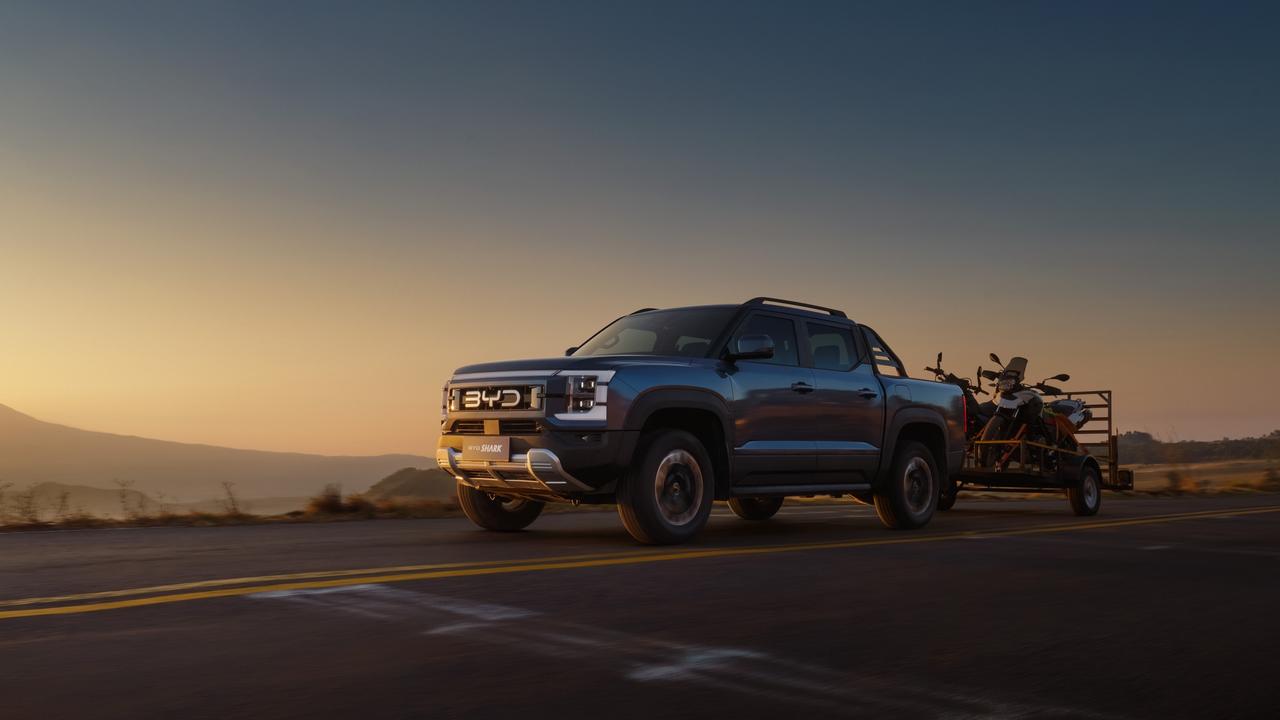
The Shark 6 is a heavy beast.
On paved surfaces, though, it’s impressively well behaved.
Riding on 18-inch road-focused Continental tyres there’s decent grip, with the front wheels the first to run wide in a controlled, easy to deal with manner.
It’ll lean when pushed, but for a high rider it’s respectably well behaved. Quick direction changes are nicely controlled.
In other words, it’s a big, heavy machine that admirably deals with its weight.

To be fair, our drive was essentially devoid of real bumps - it was the apron of an airfield - so we’ll reserve judgment until we put it through the finest Aussie councils can throw at it.
Similarly our brief off-road course was very much a taste test.
But it showed the Shark 6 as effortlessly capable of light duty off-road work.
While the thought of independent suspension may have the hard core four-wheel drive brigade scoffing, it’s worth remembering Land Rover and Nissan manage to make the layout work.
And the few times the traction control kicked in - using one of four dedicated off-road drive modes - the electronics quickly kept the game moving.
The throttle often requires a decent prod to coax the electric motors into action.
But the Shark 6 ultimately delivered with the desired response.
How it performs in more serious off-road situations remains to be seen.
And, of course, how it fares after hundreds of thousands of rough road kilometres is arguably its biggest challenge.
That could well determine the battle lines for the Shark 6.
Those wanting the reassurance of a big name may choose to stick with the Ford/Toyota heavy hitters.
Those prepared to look beyond the badge and embrace what could he a new force in the ute segment may be surprised at the substance on offer from the Shark 6.
It’s not perfect - no ute is - but as a value proposition that could change the way people think about utes there’s certainly potential.





